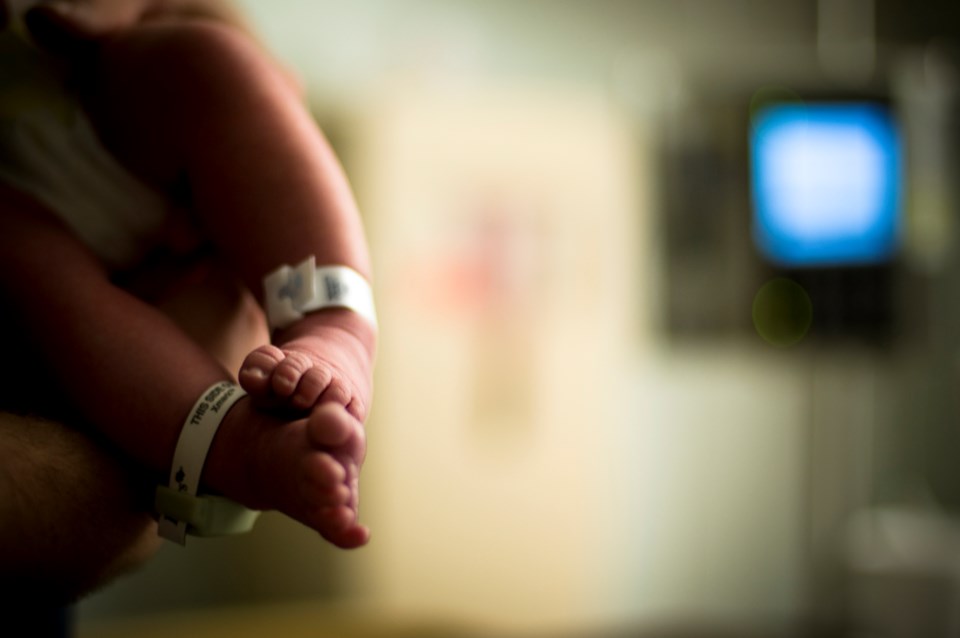A B.C. court decision determining where an Indigenous child should live suggested Canada's child welfare system is "the new residential schools."
In the ruling, Port Alberni Provincial Court Judge Alexander Wolf said a four-year-old Indigenous girl should live with her Indigenous grandparents. Wolf noted that one parent is Indigenous; the other is not, but both sets of grandparents are active in the child's care.
"They all want to make sure this little girl grows up healthy and strong," Wolf said in the Sept. 22 decision.
The judge said the girl went into the care of the Ministry of Children and Family Development the day she was born.
"There are times when she was with her father, but both parents have had some difficulties," Wolf said. "For a number of reasons, the parents have not been able to care for their little girl in a way that they would like to."
He said the case highlights trauma for both parents and child and shines a light on the care system.
"New statistical information shows that there are more Indigenous children in care than ever before," Wolf said. "Some have nicknamed the Canadian child welfare system 'the new residential schools,' and I have heard the statistic that there are more Indigenous children in care now than there were children in residential schools at any one point in time."
The judge noted between 50 and 60 per cent of the children in care are Indigenous.
Wolf ruled the young child should live with her Indigenous grandparents.
"Not because her parents do not love her," Wolf said. "To the contrary, she is permanently transferred into the custody of her grandparents with everyone's consent because her parents love her. They believe this order is in her best interest."
The ruling came before Sept. 30, National Day for Truth and Reconciliation.
"I see many people wearing orange T-shirts that say 'Every Child Matters.' The fact is, now we have one less Indigenous girl in care.
"The fact is that there are tens of thousands more to go."
Wolf stressed B.C. law timelines and requires transitioning all children out of care as soon as possible.
"We try to support parents as much as possible. We want our children to be with their parents when possible. The family is always the preferred environment to raise a child," he said.
But, he added, "When a child is Indigenous, we must be particularly careful to make decisions that respect their indigeneity. Sometimes they are too young to say, 'It is my right' to understand my culture, my roots, my language, and my traditions. That is why sometimes we must all be their voice and make sure they are heard."
Indigenous children, the judge added, are entitled to learn about and practice their Indigenous traditions, customs and languages and belong to their Indigenous communities.
Further, Wolf said the impact of residential schools on Indigenous children, families and communities should be considered in the planning and delivery of services to Indigenous children and families.



